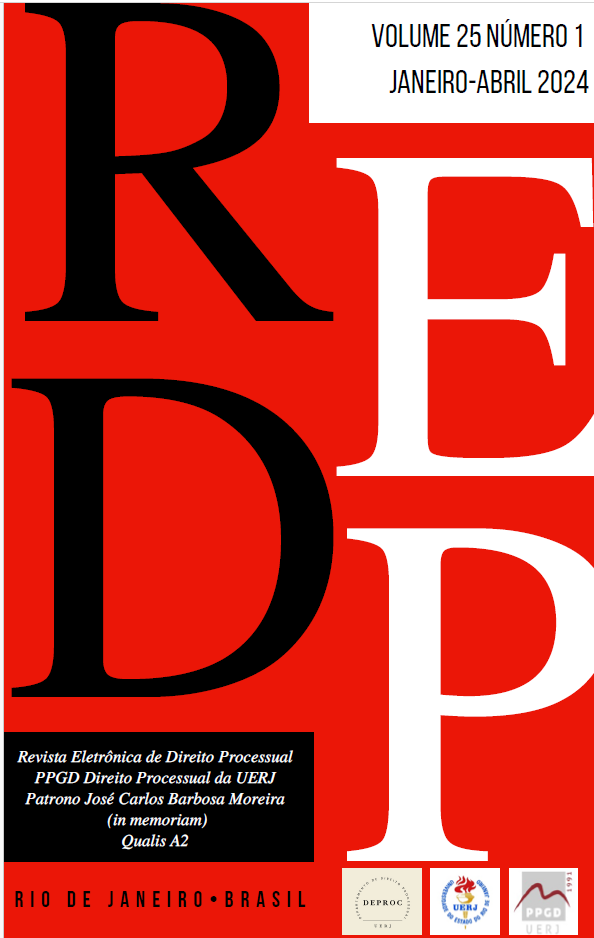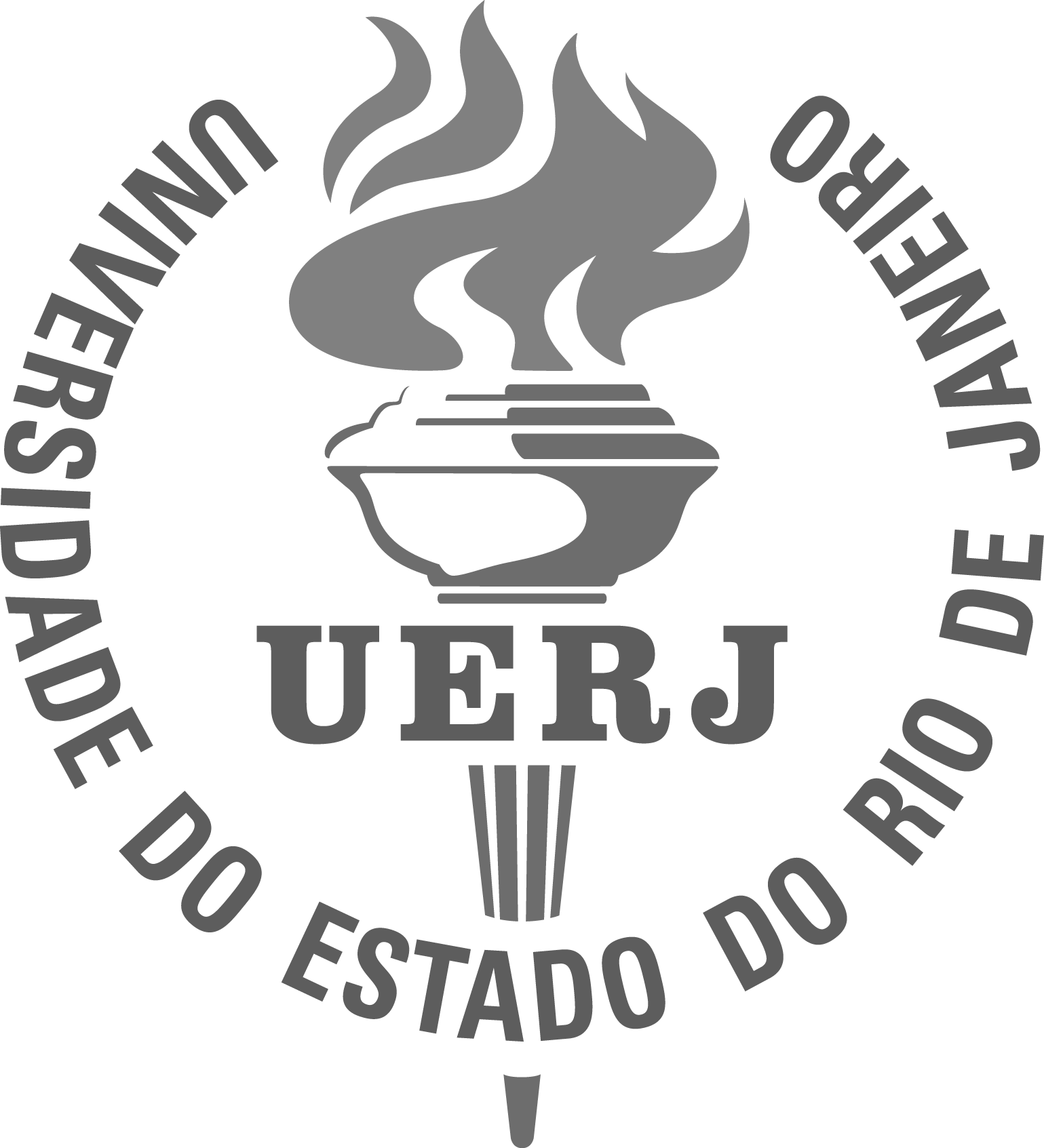O CONTRASTE DA TUTELA JURISDICIONAL MOTIVADA E A LIBERDADE DO CONTRATO PARITÁRIO: ELEMENTOS PARA A DECISÃO JUDICIAL NA PROTEÇÃO DO RISCO ESTRATÉGICO DA TOMADA DE DECISÃO MERCANTIL
DOI:
https://doi.org/10.12957/redp.2024.81903Abstract
The business contract is an instrument that represents the exercise of autonomy, free initiative, and the will of the parties in forming partnerships and business groups. From the risks assumed due to the benefits sought by economic agents, crises arise as a result of decisions made. Risk is present in all acts and social relations and can be reduced through the diligent conduct of the economic agent. Even the omission of the agent is a form of decision subject to positive or negative consequences. External elements of guaranteeing trust and objective good faith are imposed on every relationship. Due to the presumption of material equality between the parties, the external elements of the commercial relationship are poorly protected. Notwithstanding the apparent consensus between the parties, the asymmetry of knowledge and the complexity of interests at stake constitute driving forces of the mentioned egalitarian illusion, resulting in significant consequences in terms of vulnerability and inequality. Some contract protection institutes provide the parties with a certain degree of reliability and presumption of good faith through minimal criteria of mandatory observance, promoting better negotiation flow, transaction cost reduction, and security in commercial legal relations. The study develops through deductive methods, drawing premises and conclusions from the state of the art to contextualize situations based on case analysis, relying on documentary and bibliographic research. It is concluded that, despite the freedom guaranteed to entrepreneurs to take risks, safeguard their own interests, and seek profit in all decisions, the parties must adopt a consistent stance of good faith and protection of the trust placed. The autonomy of will can only be mitigated by state intervention when there is a clear violation of these principles, through broad, exhaustive, rational, and consistent motivation. This judicial intervention is limited by the indeterminate legal concepts of legislation, such as exceptional contractual revision, avoiding arbitrariness and judicial imposition on the parties' expectations. Furthermore, the motivation for judicial decisions on business contracts should be based on circumstantial arguments, seeking to concretize the principles of free initiative and consider the specific context of the relationship under analysis.
Downloads
Published
How to Cite
Issue
Section
License
Copyright (c) 2024 Elias Marques de Medeiros Neto, Carlos Eduardo Malinowski, Nério Andrade de Brida

This work is licensed under a Creative Commons Attribution 4.0 International License.
Todos os artigos publicados na Revista Eletrônica de Direito Processual (REDP) (Departamento de Direito Processual, Universidade do Estado do Rio de Janeiro, Brasil) são licenciados por meio de uma Licença Creative Commons - Atribuição 4.0 Internacional (CC BY 4.0).
Os autores retêm os direitos autorais de seu artigo e concordam em licenciar seu trabalho com a licença CC BY 4.0, aceitando assim os termos e condições específicos desta licença disponíveis no seguinte website: https://creativecommons.org/licenses/by/4.0/legalcode.
- Os autores concedem à REDP o direito de primeira publicação, de se identificar como publicadora original do trabalho e concedem à revista uma licença de direitos não exclusivos para utilizar o trabalho das seguintes formas: Reproduzir, vender e distribuir cópias eletrônicas ou impressas do manuscrito como um todo, de partes específicas do manuscrito e de suas traduções para qualquer idioma;
- O uso do artigo por terceiros é livre, contanto que a integridade da publicação seja mantida e seus autores originais, periódico de primeira publicação e detalhes de citação sejam identificados.
Dentro dos termos da licença, os autores podem entrar em acordos contratuais adicionais separados para a distribuição não exclusiva da versão publicada do trabalho na revista.
Copyright and Licensing
All articles published in the Procedural Law Electronic Review (REDP) (Department of Procedural Law, State University of Rio de Janeiro, Brazil) are licensed under a Creative Commons License - Attribution 4.0 International (CC BY 4.0).
- Authors retain copyright to their article and agree to license their work under the CC BY 4.0 license, thereby accepting the specific terms and conditions of this license available at the following website: https://creativecommons.org/licenses/by/4.0/ legal code.
- Authors grant REDP the right of first publication, to identify itself as the original publisher of the work, and grant the journal a non-exclusive license to use the work in the following ways: Reproduce, sell and distribute electronic or printed copies of the manuscript as a whole, of specific parts of the manuscript and its translations into any language;
- Use of the article by third parties is free, as long as the integrity of the publication is maintained and its original authors, first publication journal, and citation details are identified.
Within the terms of the license, authors may enter into separate additional contractual agreements for the non-exclusive distribution of the published version of the work in the journal.






